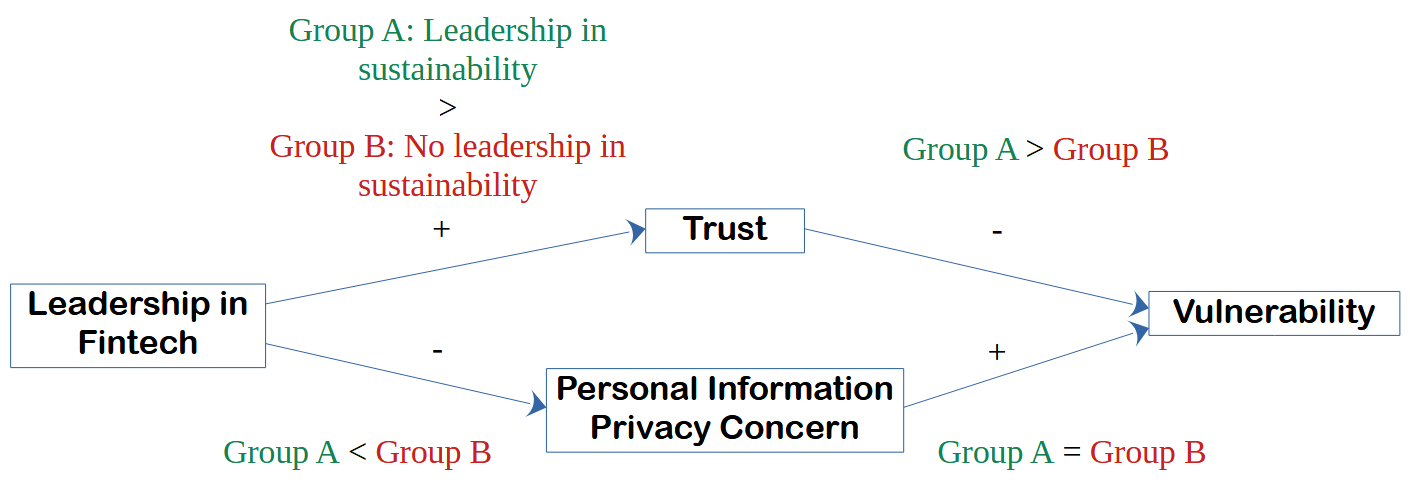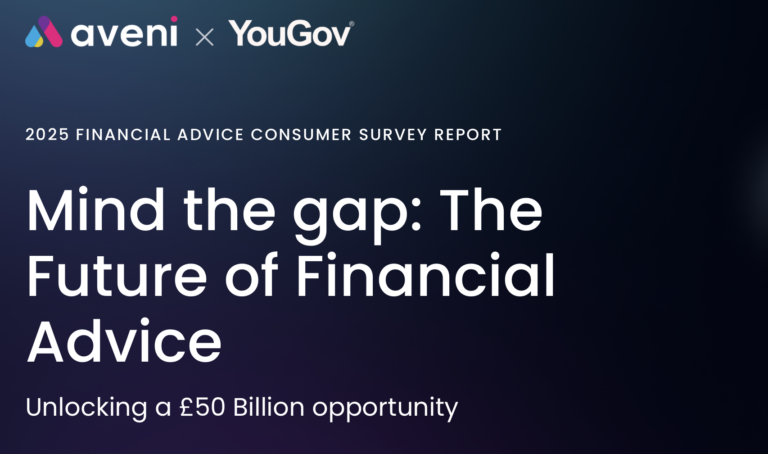Leadership in Fintech builds trust and reduces vulnerability

Article written by Dr Alex Zarifis
Fintech and sustainability
Financial technology often referred to as Fintech, and sustainability are two of the biggest influences transforming many organisations. However, not all organisations move forward on both with the same enthusiasm. It is, therefore, important to find the synergies between Fintech and sustainability. For this reason I carried out research on how leadership in Fintech builds trust and reduces vulnerability when combined with leadership in sustainability (Zarifis, 2024).
Leadership in Fintech and sustainability
One important aspect of this transformation many organisations are going through is the consumersʹ perspective. It is important to clarify whether leadership in Fintech, with leadership in sustainability, is more beneficial than leadership in Fintech on its own.
This research evaluates consumers”™ trust, privacy concerns, and vulnerability in the two scenarios separately and then compares them. Firstly, this research seeks to validate whether leadership in Fintech influences trust in Fintech, concerns about the privacy of personal information when using Fintech, and the feeling of vulnerability when using Fintech. It then compares trust, privacy concerns and vulnerability in two scenarios, one with leadership in both Fintech and sustainability, and one with leadership just in Fintech without sustainability.
The benefits of combining leadership in both Fintech and sustainability
The findings show that, as expected, leadership in both Fintech and sustainability builds trust more, which in turn reduces vulnerability more. Privacy concerns are lower when sustainability leadership and Fintech leadership come together; however, their combined impact was not found to be statistically significant. So contrary to what was expected, privacy concerns are not reduced more effectively when there is leadership in both together.

Figure 1: Model of leadership in Fintech, trust, privacy and vulnerability, with and without sustainability
Fintechs can use these findings to make consumers feel less vulnerable
An important practical implication is that this research finds that even when there is sufficient trust to adopt and use Fintech, the consumer often still feels a sense of vulnerability. This means leaders in Fintech must not just do enough for the consumer to adopt their service, but they should build trust and reduce privacy concerns enough for consumers to feel less vulnerable. These findings can inform a Fintech”™s business model and the services it offers.
Reference
Zarifis A. (2024) Leadership in Fintech builds trust and reduces vulnerability more when combined with leadership in sustainability”™, Sustainability, 16, 5757, pp.1-13. https://doi.org/10.3390/su16135757
Biography
Dr Alex Zarifis research and teaching are on the practical applications of technology in business. Before the University of Southampton, he worked at several academic institutions including the University of Cambridge and the University of Manchester. He is currently a research affiliate of the Cambridge Center for Alternative Finance (CCAF).
His research interests include trust, electronic business, artificial intelligence, blockchain, Fintech and Insurtech. He has over forty publications and his work has featured in journals such as Computers in Human Behaviour and Internet Research. He has explored cryptoassets such as cryptocurrencies since 2012. As part of this research, he published the first peer reviewed research on trust in digital currencies in the world in 2014.



